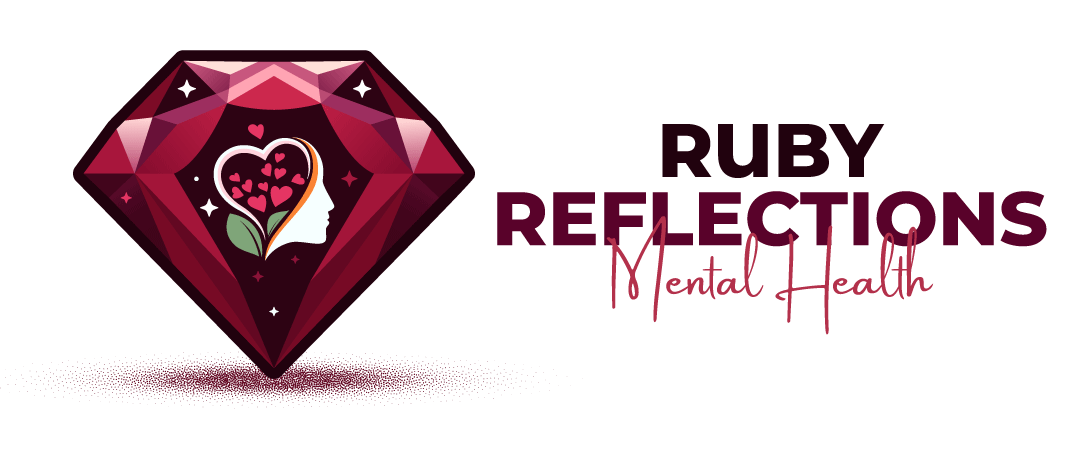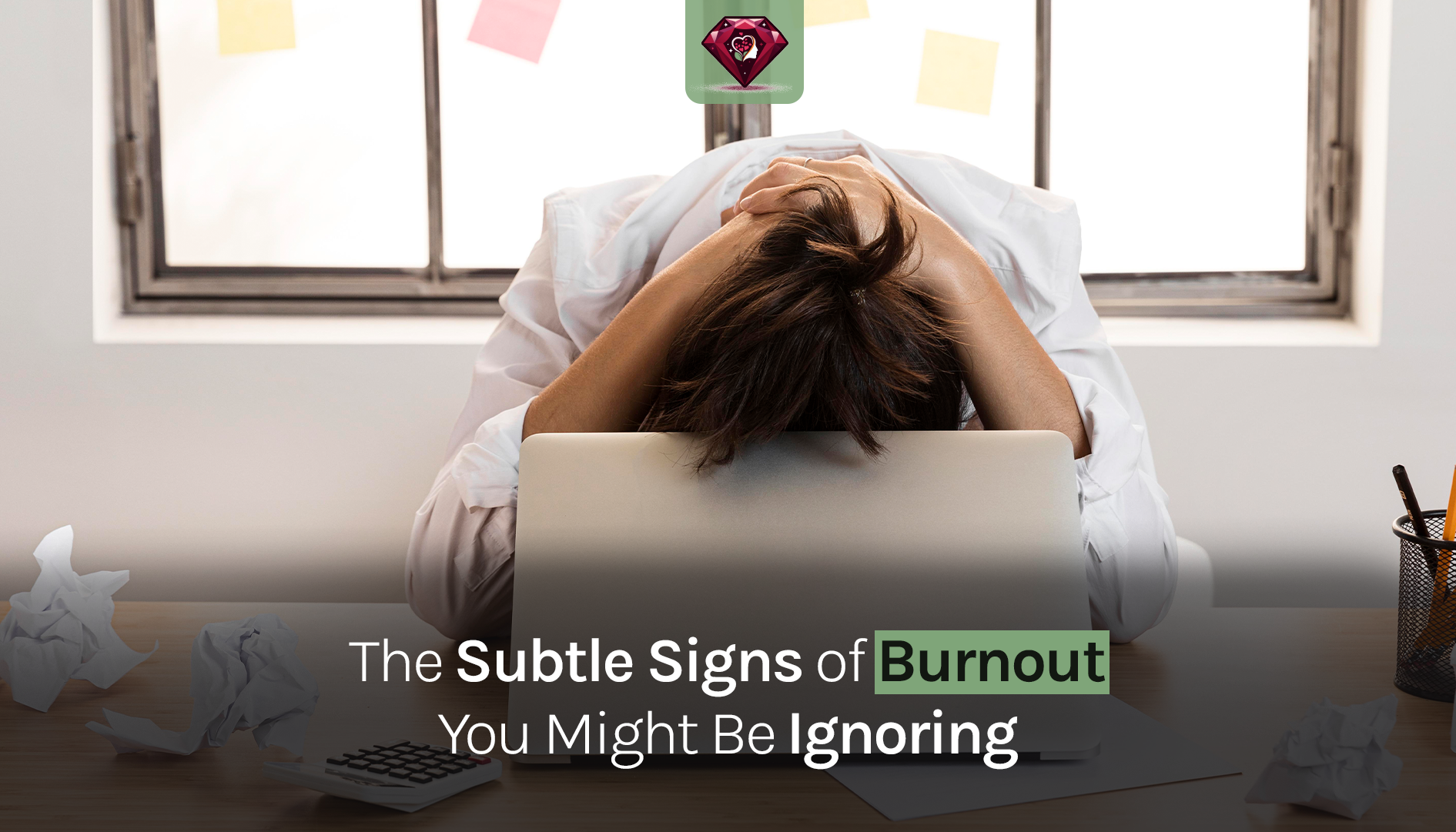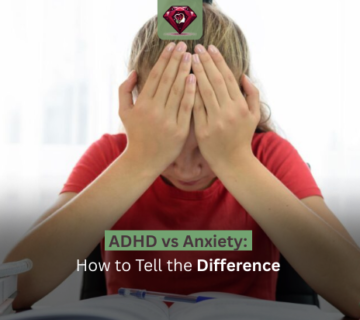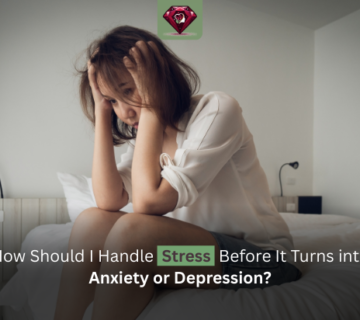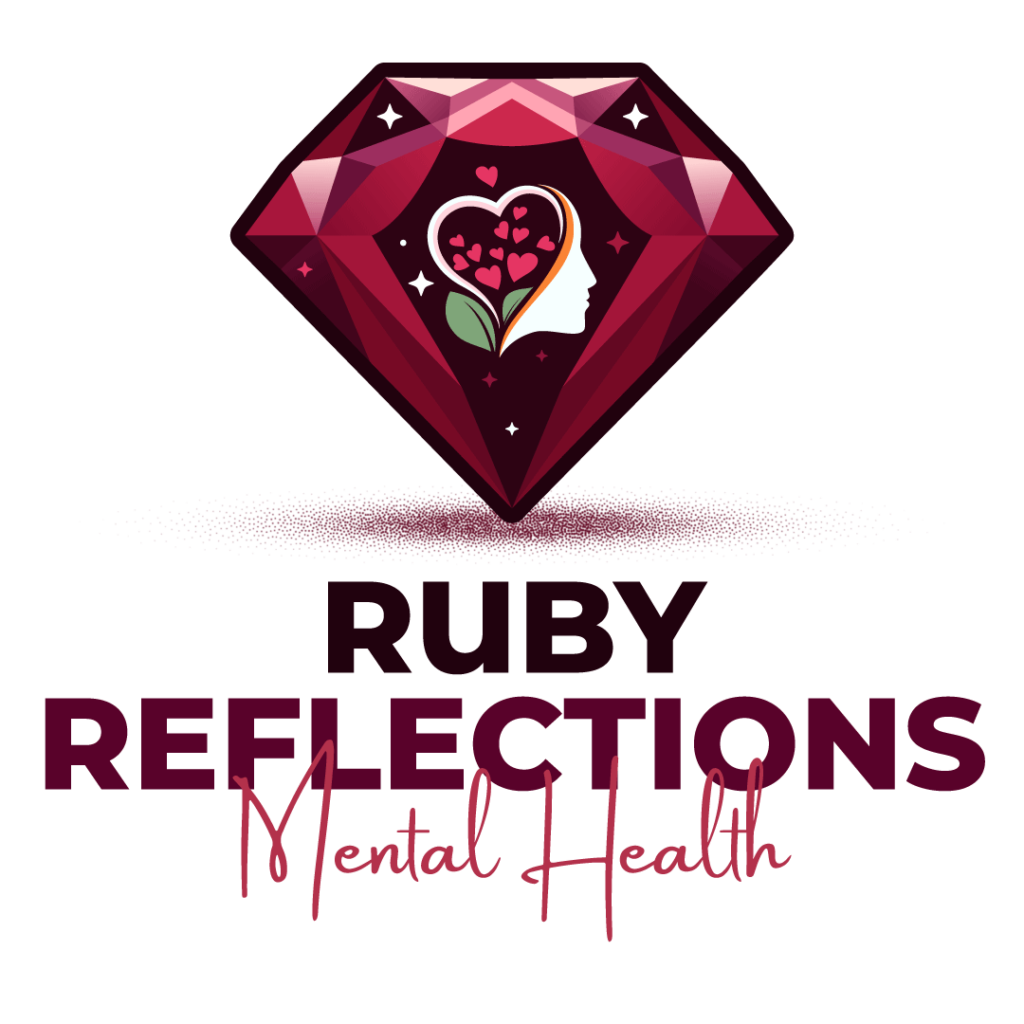There’s something quietly persistent about the way exhaustion settles into our lives.
The way exhaustion creeps up on us is something tenaciously silent. It just settles into the environment.
At Ruby Reflections Mental Health, we understand that burnout often looks like ordinary life, but until one day, it doesn’t.
Perhaps you have been convincing yourself that you are simply busy.
Or perhaps you are running on empty, thinking that you can rest later.
Your body and mind have been dropping you notes, though, subtle hints that something has to be tended to.
Let’s discuss what signs of burnout can look like.
Physical Changes
Before your mind figures it out, your body usually does. These changes might actually appear to be nothing but usual stress, though they are very important to pay attention to:
- Your sleep feels different – You feel tired yet restless, or after some sleep, you get up feeling you have not slept at all
- Food becomes complicated – You skip meals without thinking, or find yourself eating the same safe foods
- Small aches linger – You have tension in your shoulders, or your headaches come more frequently than before
- Getting sick happens easily – Minor colds hit harder, or you notice your energy dips more frequently
Emotional Shifts That Go Unnoticed
Feelings change gradually. You might not notice until you’re already in a different place:
- Enthusiasm feels forced – Things that used to light you up now require a lot of effort to enjoy
- Patience runs thin – Small inconveniences feel bigger than they should
- Emotions feel muted – Happiness, sadness, even anger seem to happen behind glass
- Self-doubt creeps in – You question decisions that used to come naturally
Sometimes the quiet is the loudest signal of all.
Relationships Feel Different
Connection requires energy, and when yours is depleted, you might notice:
- Social plans feel heavy – Gatherings that once filled you up now feel like obligations
- You choose solitude more often – It becomes easier to stay quiet than explain how you’re feeling
- Work conversations stay surface-level – Deep collaboration feels like too much
- Small irritations grow – People you care about seem to hit your nerves more easily
Relationships are mirrors; sometimes they reflect what we’re not ready to see.
Mental Clarity Becomes Elusive
Your mind might feel different in ways that are hard to name:
- Decisions feel overwhelming – Simple choices take longer than they used to
- Focus drifts – You read things twice, or find your mind wandering during conversations
- Memory becomes unreliable – Names, dates, or why you walked into a room slip away
- Perfectionism intensifies – You spend extra time on things that used to flow easily
Work Loses Its Flow
Professional life might feel off in ways that seem temporary:
- Sundays feel heavier – The weekend ends with a weight you can’t quite name
- Tasks pile up – Projects that used to energize you now sit on your list
- Recognition feels distant – Your contributions seem to blend into the background
- Future goals feel unclear – The path forward looks foggy or uninspiring
What Can Help You Recover from Burnout
Small changes can make a difference:
- Set small boundaries – Leave your notifications turned off during dinner or lunchtime
- Notice without fixing – Watch your patterns like you’re gathering information
- Follow your energy – Do strenuous work when you are at your best, and rest when the need arises
- Look for minor pleasures – A cup of tea or matcha, a nice breeze, or music that is pleasant
- Move gently – Short walk, stretch, or stand up more frequently
The changes do not need to be drastic to be significant.
When to Turn to Professional Help
In some cases, self-help is might not be sufficient. Get help:
- Nothing is working – You have tried other methods, yet you feel hopelessly stagnant
- Daily work proves challenging – Simple tasks become exhausting
- Relationships suffer – You start withdrawing or becoming irritated with the people you care about
- Physical symptoms remain – Sleep problems, appetite problems or energy problems are still there
- You seem foreign to you – The old you just seems too distant
You can get support to make sense of it and formulate strategies that will realistically work in your situation.
Ruby Reflections Mental Health Can Help
We specialize in helping people recognize and recover from burnout before it takes over their lives.
Don’t wait until burnout becomes a crisis—in the future, you’ll thank yourself for taking action today.
Schedule your appointment now and start feeling like yourself again.
FAQ
What is the timeline of burnout recovery?
Every person recovers differently, and yet, when well supported, individuals tend to report positive changes within 2-4 weeks and drastic improvements within 2-3 months.
Is it possible to experience burnout even though I love my job?
Absolutely. Burnout does not concern how satisfactory the job is but how the resources are exhausted.
Any work, even a meaningful one, can be overwhelming without boundaries.
Does burnout equal depression?
They have some of the same symptoms, but burnout tends to be situational, work-related, whereas depression tends to be more far-reaching. The two warrant professional treatment.
